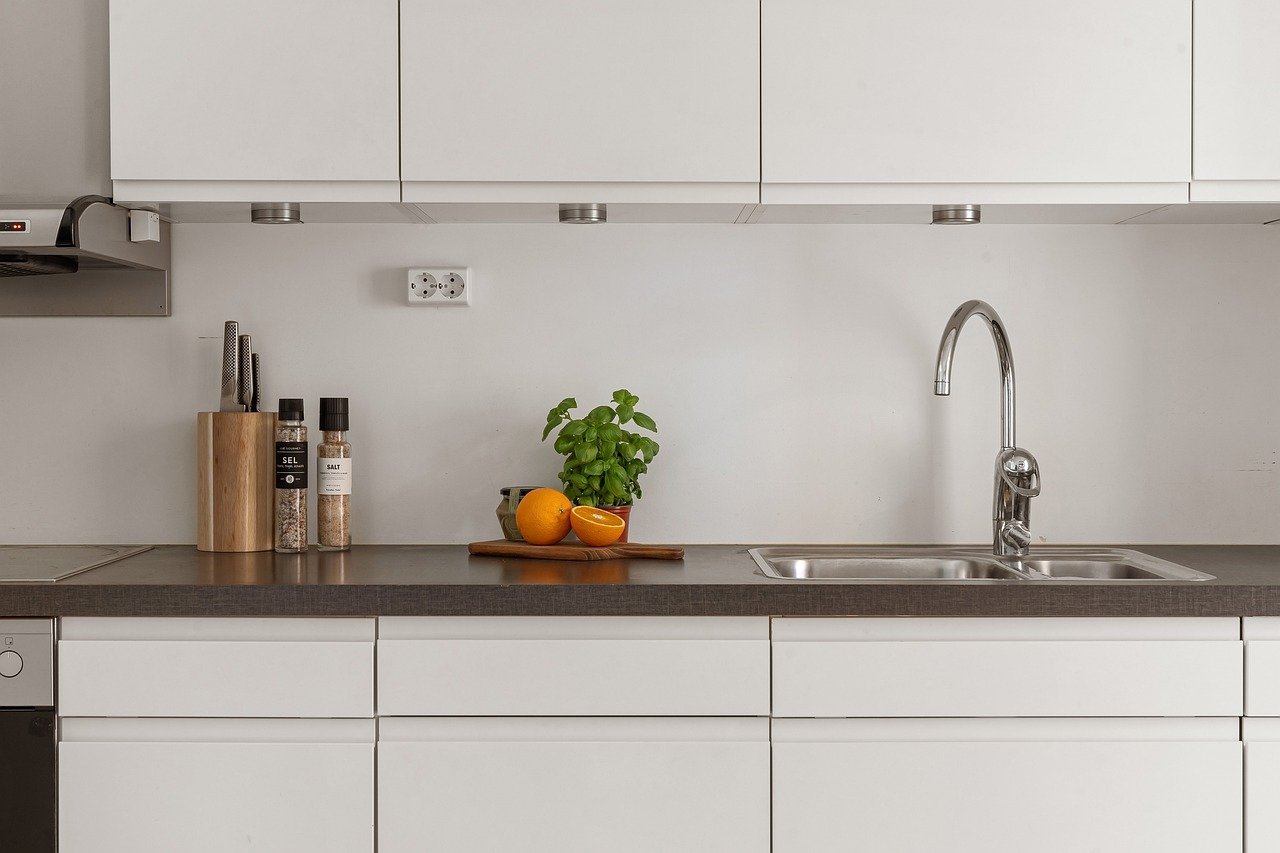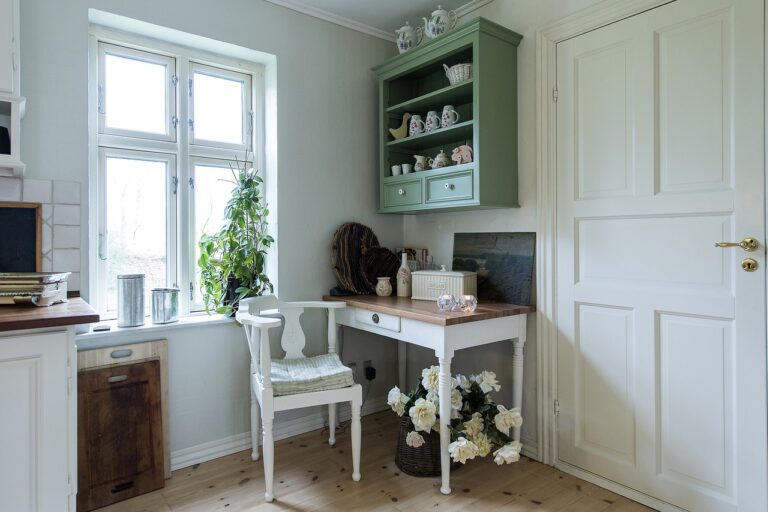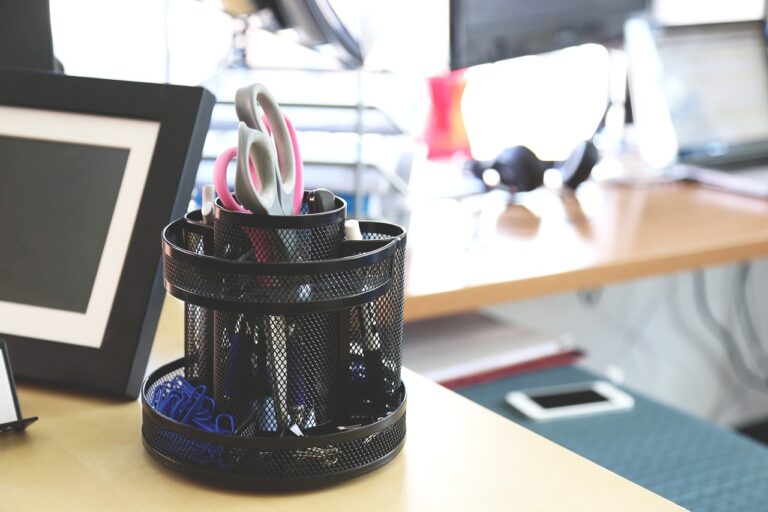Soundproofing Tips for Home Offices in Renovation Projects
Soundproofing your home office can significantly improve your productivity and focus. By minimizing external noise distractions, you can create a more conducive work environment that allows you to concentrate on your tasks without interruptions. Whether it’s the noise of street traffic, neighbors, or household activities, soundproofing can help you maintain a quiet and peaceful workspace where you can work efficiently and without disturbances.
In addition to enhancing your focus, soundproofing your home office can also improve the quality of your video calls and virtual meetings. By reducing background noise and echoes, you can ensure that your voice comes through clearly during online conversations, making it easier for you to communicate effectively with colleagues, clients, or supervisors. A well-insulated office space can help you project a professional image and create a more polished and professional work environment for all your virtual interactions.
Assessing Your Home Office’s Soundproofing Needs
When evaluating the soundproofing needs of your home office, it is crucial to identify the sources of noise that may disrupt your work. Consider factors such as nearby traffic, noisy neighbors, or loud household activities that could impact your productivity. Take note of when these noises are most prevalent to determine the level of soundproofing required.
Next, assess the existing soundproofing measures in your home office. Check for gaps in windows, doors, and walls that may be allowing noise to penetrate the room. Evaluate the quality of the current insulation and explore options for improving it to create a more acoustically controlled environment. By understanding the specific soundproofing challenges in your home office, you can tailor your approach to effectively minimize unwanted noise and create a more conducive workspace.
Choosing the Right Materials for Soundproofing
When it comes to choosing the right materials for soundproofing your home office, it’s essential to consider factors such as the level of noise you’re aiming to block out and the layout of your workspace. One of the most common and effective materials for soundproofing is acoustic foam. This lightweight material absorbs sound waves, reducing echoes and reverberations in a room.
Another popular choice for soundproofing is soundproof curtains or drapes. These heavy, dense curtains are designed to block out external noises, making them perfect for home offices located in busy or noisy areas. Additionally, installing weatherstripping around doors and windows can help seal off any gaps where sound may leak in or out of the room. These simple and affordable materials can make a significant difference in creating a quieter and more productive workspace.
Acoustic foam is a common and effective material for soundproofing
Soundproof curtains or drapes can block out external noises
Weatherstripping around doors and windows can help seal off gaps for sound leakage
Choosing the right materials for soundproofing your home office can greatly improve your work environment. By considering factors such as the level of noise you want to block out and the layout of your workspace, you can make informed decisions on which materials to use. Whether it’s acoustic foam, soundproof curtains, or weatherstripping, there are various options available to create a quieter and more productive space. Experiment with different materials to find the best combination that works for your specific needs.
What are the benefits of soundproofing your home office?
Soundproofing your home office can help create a quieter and more productive work environment by reducing outside noise distractions. It can also improve privacy and prevent noise from disturbing others in your household.
How can I assess my home office’s soundproofing needs?
To assess your home office’s soundproofing needs, you can start by identifying the main sources of noise, such as traffic, neighbors, or household appliances. You can also consider the level of sound insulation already in place and determine if additional soundproofing materials are needed.
What materials can I use for soundproofing my home office?
There are various materials you can use for soundproofing your home office, including acoustic panels, soundproof curtains, weatherstripping, and soundproofing foam. The right materials for you will depend on your specific soundproofing needs and budget.







